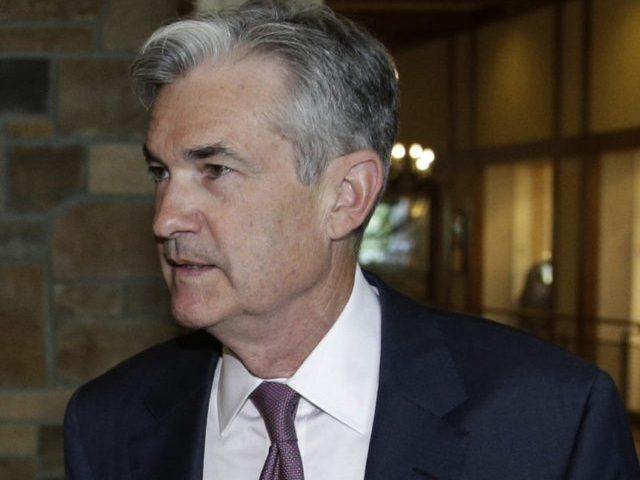President Trump is expected to name Jerome H. Powell as the next chairman of the Federal Reserve.
The White House has notified Powell, who is currently a Fed governor, that Trump intends to nominate him as the next chairman, the Wall Street Journal reported. If confirmed by the Senate, Powell will replace Janet Yellen when her four-year term expires early next year.
Powell was one of five finalists for the position, along with former Fed Governor Kevin Warsh, National Economic Council Director Gary Cohn, Stanford economist John Taylor and Yellen herself.
Powell is considered an inflation dove, someone likely to continue the policy path of slow and cautious monetary tightening set out by Yellen. During his time at the Fed, Powell has been a reliable supporter of Yellen’s approach. Trump described Yellen as an “excellent” Fed chair Tuesday and has said he favors an easier monetary policy.
He has, however, been a critic of the Fed’s stringent regulations on financial institutions, particularly as they apply to community and regional banks. In this, his views are much closer to Trump’s deregulatory agenda, views shared by many lawmakers on Capitol Hill. Powell has said that the Fed should consider easing back on the Volcker Rule, which limits bets banks can make with their own money, for example. He has also said that the Fed should reconsider its stress tests.
Powell is a lawyer and former investment banker. He served as Treasury undersecretary in the George H.W. Bush administration and was a partner in the politically connected private equity firm the Carlyle Group. He would be the first Fed chairman in decades not to have a Ph.D in economics.
In selecting Powell, Trump is choosing someone with deep connections to Washington’s Republican establishment. While that may seem out of keeping with Trump’s populist and anti-establishment campaign, in some ways Powell’s combination of dovish views on monetary policy and support for deregulatory reform made him the most fitting of the contenders for the job.
Taylor’s reputation as a hawk, who would have the Fed follow strict rules when setting interest rates, may have been seen by the White House as potentially hurting the president’s ability to drive economic growth to three or four percent a year. Warsh’s views supporting trade deals that Trump opposed also created the potential for conflict with the president’s policies.
Yellen and Cohn were seen by many of Trump’s supporters as inappropriate choices. Yellen was appointed to head the Fed by Barack Obama and was frequently a target of Trump’s on the campaign trail. Cohn was a lifelong Democrat and second-in-charge of Goldman Sachs before joining the administration, earning him the nickname “Globalist Gary.” Trump, at one point, leaned toward appointing Cohn but was alienated when Cohn criticized the president’s remarks about the violence in Charlottesville.

COMMENTS
Please let us know if you're having issues with commenting.